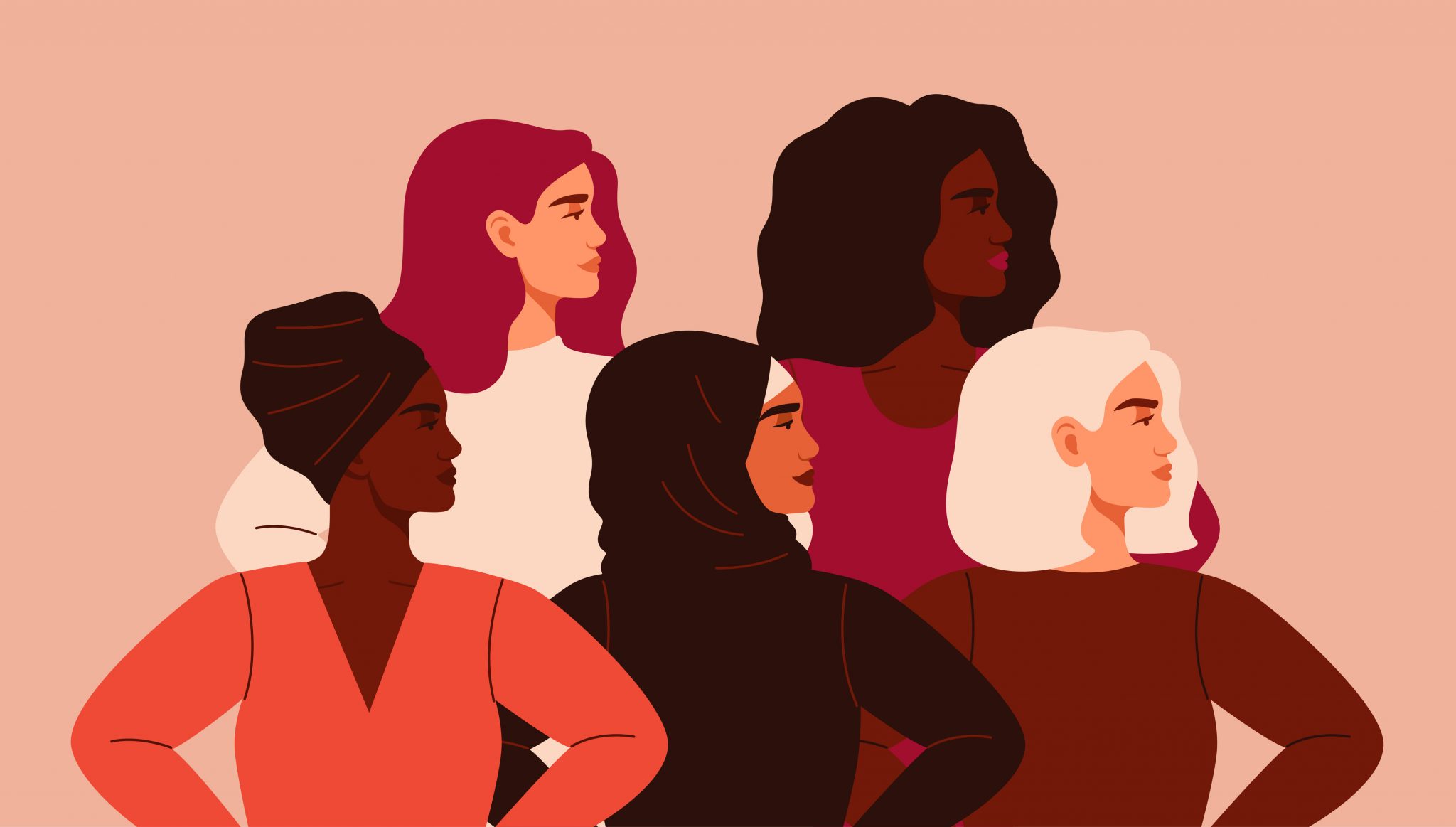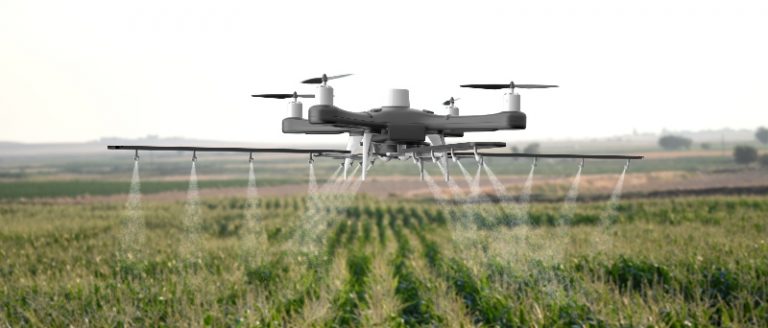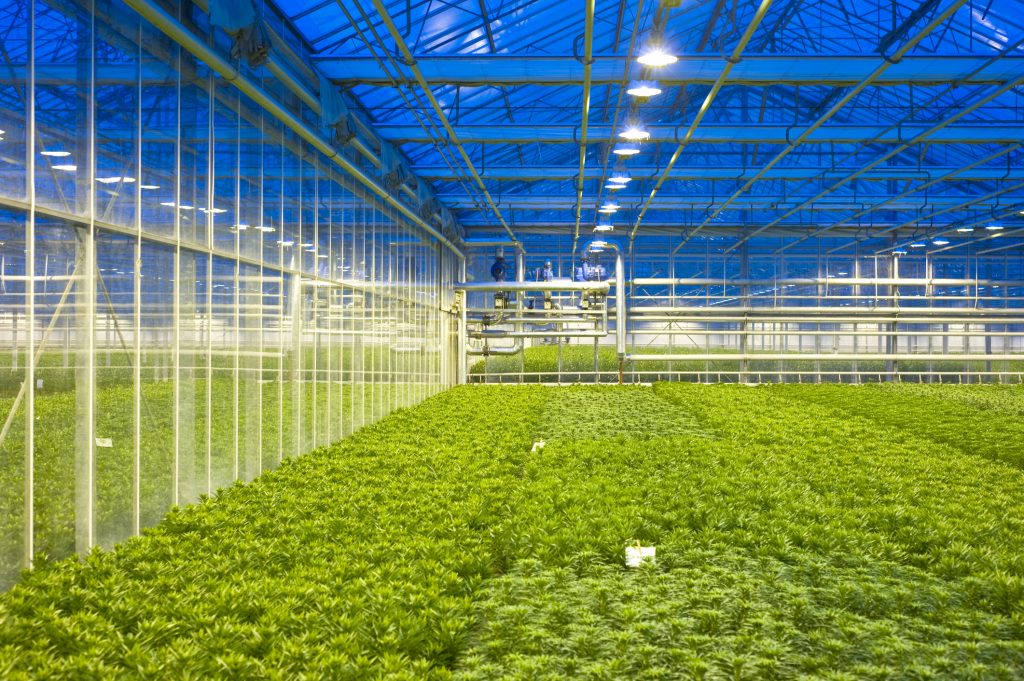The UAE’s new food strategy: reducing imports and investing in agtech

Food access for people living in the UAE is not a problem, they can find all they need and want in supermarkets. But how can a country with an arid land and soaring temperatures all year round have all kinds of food at their fingertips? The answer is simple: the UAE depends heavily on imports. But with the COVID-19 pandemic recently highlighting the fragile nature of imports, the United Arab Emirates are now putting a plan in place by investing in technologies to find a solution to food security.
“Increasing self-production within the local region and reducing the reliability on imports is what we are focusing on,” says Chandra Dake, the Executive Chairperson and Group CEO of the Dake Group, an investment management company which focuses on finding farming solutions through innovative technologies.
One of the Dake Group’s solutions in collaboration with the Rechsand Technology Group from Beijing, is ‘magic sand’, a breathable sand.
Common sand, coated using a particular technology, allows the passage of air through its particles and harnesses the water contained it in. Chandra Dake believes that this technology could be applied to desert sand to retain water and decrease farming water and fertiliser usage by 70% and 50% respectively.
He tested the breathable sand in his garden at home, in view to mass produce it, and it worked: he was able to grow around twenty-eight fruit trees, including mango and lemon groves.
“We [in the UAE] are only looking at a few hundred thousand hectares to be food secure, and it is not too far,” he says.
Dubai’s Food Tech Valley
Finding themselves in the desert with access to the sea, traditionally the UAE’s population depended mainly on fishery, livestock and wheat. With economic progress, the Emirates started attracting people from all over the world, and soon became a large food importer. In 2019 the UAE’s food trade value (imports, exports, and re-exports) was $24.7 billion, importing 80-90% of the food it consumes.
In 2020 COVID-19 made it apparent that the UAE’s reliance on imports was unsustainable. “Everybody realised that food security and initiatives in the UAE, have been very much lacking because when the pandemic hit everything stopped [coming into the country],” says Atle Idland, General manager of Desert Control Middle East, a company based in Norway and the UAE that specialises in climate-smart agriculture technology by using Liquid Natural Clay (LNC) to restore and protect soil and increase agricultural yields in the desert while reducing water usage.
The UAE has different institutions that offer a variety of funds to modernise agriculture. Announced in May by the ruler of Dubai and vice president of the UAE, Sheikh Mohammed Bin Rashid al Maktoum, Dubai’s Food Tech Valley, is a new project that aims to triple the UAE’s food production and position it as a global destination for the industry.
At the launch Sheikh Mohammed Bin Rashid al Maktoum said that currently the UAE’s food trade exceedsAED100 billion ($27.22 billion) annually, stressing that the Food Tech Valley project “will work to create a nurturing environment for agribusinesses to develop new farming technologies and enhance our future food security.”

Circular green irrigation patches for agriculture in the desert. Dubai, UAE.
Circular green irrigation patches for agriculture in the desert. Dubai, UAE.
Dr. Khalil Ammar, Program Leader; Principle Scientist Hydrology, International Center for Biosaline Agriculture (ICBA) says that investing in technology is part of the process of self-reliance, but it is also important to invest in the labourers and farmers who use the technology for farming.
“We found that when you look at innovations, it’s not only [about] learning the best practices, but [it’s also about] the training needed for the people, all of these come as one.” , he adds, explaining that the UAE has been very willing to invest in the agriculture sector to push further self-reliance.
Based out of Dubai, ICBA works by advising farmers and agricultural entities on creating policies and strategies to maximise natural resource management under local conditions. They advise on the quality of the soil, the quality of the water and what the best crop varieties to harvest are.
“The good soil quality [in the UAE] that is suitable for conventional crops is very limited and it’s maybe less than 13% or 15% of the country’s area.”, Dr. Ammar explains. “But again, there are many innovations in soil amendments that could improve the health of the soil and make it more suitable for agriculture.”
That is what both Chandra Dake and Atle Idland and a few other companies based in the UAE have been working on, using solutions to work with the soil to be able to preserve water and grow food. So far they’ve been able to grow carrots, lady fingers, green peppers, tomatoes, basil and a few other crops.
Water scarcity
The UAE depends heavily on an expensive process of seawater desalination to make it drinkable and usable in agriculture.
“Water is scarce. And as we already know, 90% of the water available in the UAE is desalinated water which is very costly and consumes energy,” explains Idland.
The level of salinity in the sand is not helping either, and it also kills the crops, so the solution is to recycle water, not just through vertical farming, but also through other means.
“When we save up to 50% of irrigation water [used] in the landscaping and commercial greenery space, this available water can be used in the agriculture industry for food production and food security,”, adds Idland.
100 hectares of land uses an average of 12 litres of irrigation water per m2 per day. Saving half of the water and using it for agriculture would amount to 30 tons of tomatoes produced daily. In addition, the costly and energy consuming process of desalination of sea water would be reduced.
Vertical farming and new technologies
The recently announced Food Tech Valley in Dubai aims to utilise diverse technologies to find solutions to the existing agricultural challenges in the country and help farmers increase production.
“It’s not one solution that could fit all of these problems. What we see is that there are many,” comments Dr Ammar.
The UAE is also testing different methods to increase energy efficiency and have a better water saving system.
For such tests to happen, the government needs companies to come together to work hand in hand or compete with each other. Aside from technology, the UAE faces other challenges, such as teaching farmers how to use new technology, especially as many people working the land used to be labourers who swapped their old jobs and took up agriculture, so they already lack a broad knowledge of farming.
The National Strategy for Industry and Advanced Technology, Operation 300Bn, has made it a national priority to foster an innovative industrial ecosystem, using advanced technologies to enhance and stimulate the growth of sectors such as agriculture.
One of the areas of focus in the past few years has been vertical farming.
Despite the high cost attributed to the method, the government and the private sector have invested millions in it. In April, the Abu Dhabi Investment Office (ADIO) said it was investing $100 million in four companies, one being AeroFarms, to build vertical farming facilities in the emirate.
Abu-Dhabi’s Madar Farms, for example, is a local company that offers products and services by using innovative agri-tech, mainly vertical farming. It also manages the “Sustainable Future programme,” an initiative that aims to promote skills, awareness, and education to create a sustainable future.
“Adopting technologies. We are here, we are doing it now, but I think that the UAE, ministries, and private sectors should adopt quicker, faster. They have all the initiatives in place to do it. The technologies are there.”, Atle Idland concludes.




